The first Robert Abela Cabinet of Ministers must be among the shortest in our political history. It took just 10 months for the Prime Minister to shuffle his cards and present a new line-up.
It was not just a cosmetic change, say appointing a minister instead of another who was given other duties, as it has happened so many times, such as when Edward Zammit Lewis took over Helena Dalli’s ministry after she had been named as Malta’s European Commissioner.
What happened last Saturday was a full-blown reshuffle, one that saw the appointment of four new ministers, the shifting of portfolios of three others, and the elimination of a minister and a parliamentary secretary.
What was, in January, the biggest Cabinet ever has now become even bigger. Too big, it may be added, for a country like Malta. One wonders if that large table at Castille which is often pictured when Cabinet meetings are taking place will now be able to accommodate all around it.
To have 27 ministers and parliamentary secretaries from a total of 35 MPs (Konrad Mizzi is an independent now, and Edward Scicluna will be resigning) is way too much. Italy and the UK, for example, have 21 ministers, Germany just 16.
The Labour Party, when in opposition, had made a big mountain out of the fact that the costs of the Cabinet had been increased through the infamous €500 that had been added to the ministers’ salaries. Today, the expenditure in running the Cabinet has dramatically soared to unprecedented proportions, given also that each minister and parliamentary secretary has his or her own team of secretaries, advisers and whatnot.
To change a Cabinet after only 10 months is an admission by Abela that the first choices he made in January were not good and that some of the appointees did not live up to his expectations.
But Abela did not have the courage to whittle down the group. Instead, he chose to extend it further, literally inventing ministries which can only lead to more overlapping, confusion and bureaucracy as ministers try to defend their turf.
To give a few examples, research and innovation (Owen Bonnici) clashes with education (Justyne Caruana); Covid-19 strategy (Bonnici) is in conflict with health (Chris Fearne), economy (Silvio Schembri) and finance (Clyde Caruana); the elderly (Michael Farrugia) will collide with health (Fearne); equality (Edward Zammit Lewis) will spar with inclusion (Julia Farrugia Portelli); enterprise (Miriam Dalli) with industry (Schembri); and sustainable development (Dalli) with the environment (Aaron Farrugia).
By going down this road, apart from admitting to committing so many mistakes in his selection last January, Abela showed lack of leadership and indecision.
The exercise was evidently an attempt to keep everyone happy. Whether this is actually so is another matter.
Abela showed that he is afraid of making choices that could hurt, other than Silvio Parnis, who in Abela’s eyes was the only “expendable” Cabinet member.
This weakness could come back to haunt him.
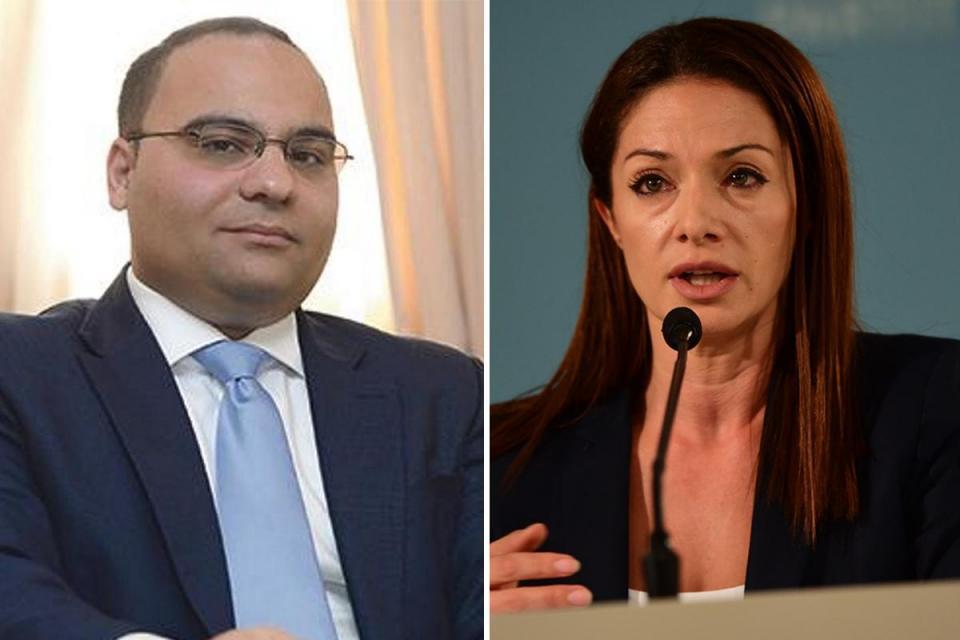
The newcomers
When Miriam Dalli and Clyde Caruana were co-opted to Parliament after the resignation of Joseph Muscat and Etienne Fenech, it was clear that the next step for them would be a ministerial appointment. It was then that the rumour mill about a possible reshuffle started and, in spite of his denials and frustration as journalists kept on asking about his plans, Abela was formulating the changes. Yesterday week, he finally made his announcements.
Miriam Dalli would not have left her lucrative job in Brussels to sit next to Manuel Mallia, Joe Mizzi and Silvio Grixti on the backbench. She had made a name for herself in her Brussels job and the next step for her was to be given an assignment related to her interests and capabilities.
Energy is an area in which Dalli has proved her worth in the European Parliament, and it was almost a foregone conclusion that she would be given that responsibility. It is a sector that has been notoriously under the limelight in the past years, mostly because of the power station project and all the implications that came with it. It needs a new, assertive direction, and Dalli should be ready to have to deal with related issues that crop up.
Caruana will take over the country’s finances from Edward Scicluna, and it will be not an easy matter because of the Covid-19 pandemic and its effects, particularly on employment, which has been included in his responsibilities (it was previously part of the education ministry).
The country has done well in the past years, moving from deficits to surpluses until Covid-19 arrived. It now needs to steady its course again but this might take years. The much-awaited Moneyval report is an added preoccupation that Caruana will have to contend with.
Caruana has also been given responsibility for Air Malta, with the airline in deep trouble because of accumulated problems which were exacerbated by the Covid-19 pandemic.
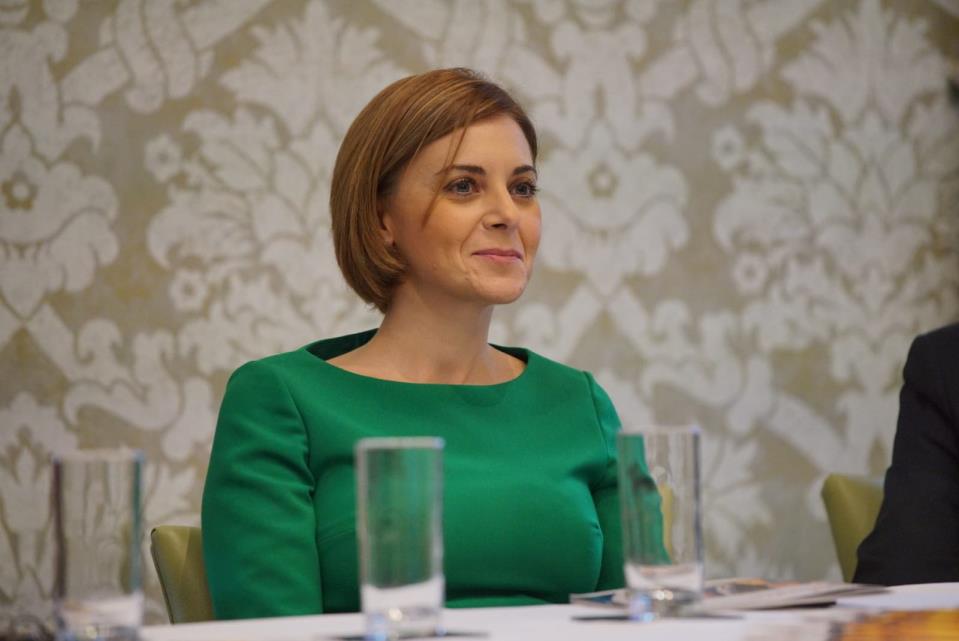
The return
Justyne Caruana lost her job as Gozo Minister a few days after Abela had chosen to re-appoint her in the position she had held under Joseph Muscat. The resignation was not as a result of something she had done or a scandal her ministry had been involved in. She quit after it had been reported that her husband Silvio Valletta, a former assistant police commissioner, had travelled abroad to watch football games with Yorgen Fenech, the man who was later accused of masterminding the murder of Daphne Caruana Galizia.
It was no fault of hers that her career was halted abruptly. Now, 10 months later, she has been given another chance in a different role, that of Education Minister. It may not be the appointment she really wanted, as it will deprive her of time to be in her constituency. But she should be happy to have been entrusted with the responsibility of shaping the country’s future through education. Together with health, education is one of the most important portfolios in any Cabinet.
Nationalist exponents are wondering what has changed since January for Caruana to be re-instated minister. The argument is that what her husband did was wrong then, and it is still wrong now. But Caruana has already paid the price, and it would be totally unfair if she could never be considered for a ministerial role because of her husband’s doings.
Her re-appointment was made easier for Abela by the PN itself, in the way Opposition Leader Bernard Grech chose to retain Jason Azzopardi in spite of the latter admitting to have had a stay at the Hilton Hotel in Tel Aviv “taken care of” by the Tumas Group, at a time when Fenech was a director. If the PN sees nothing wrong in one of its MPs taking a free holiday, how can it then cry foul that a minister’s husband (not the minister) did something similar?
Caruana had been removed from her post and her political career took a blow. What Azzopardi got was a simple reprimand. So the PN cannot really point fingers at Labour on this one.
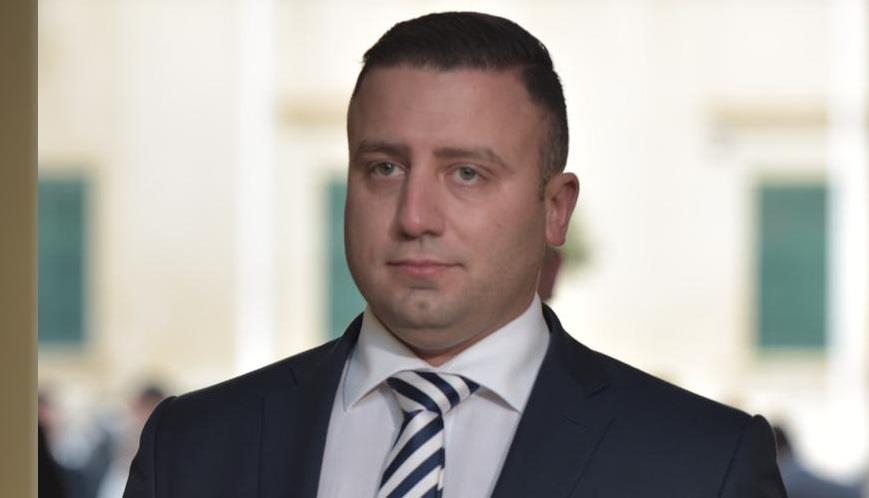
The promotion
Only one parliamentary secretary was deemed to deserve a promotion by Abela. He is Clayton Bartolo, who has moved up from the post of PS in the finance ministry to Minister of Tourism, with consumer protection added for good measure.
Tourism, as we all know, has taken a hard blow because of the pandemic, and it will take years until it can fully recover. It moved from record performances to despair as hoteliers have to make do with empty rooms, with so many people now afraid to travel.
Bartolo has a tough job ahead of him. He should listen to what the experts in the field are saying, the ones who live the industry on a daily basis.
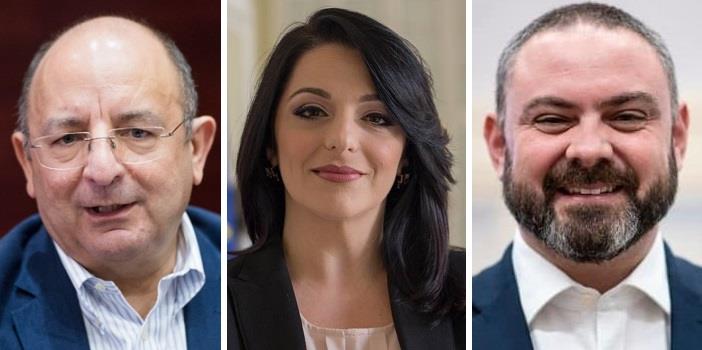
The changes in portfolio
There must be a distinction made with regard to the three ministers who had a change in their portfolio.
Michael Farrugia’s political career is in decline. From Family Minister in the past legislature to Home Minister in this one, but then a shift to energy and water management in January has been quickly followed by another move to elderly care. It is the first time that the elderly sector has been given its own ministry; a move that indicates Abela was reluctant to push Farrugia out completely.
The same goes for Farrugia Portelli, who took the worst blow in this reshuffle. To be fair, she was unlucky that a few weeks after taking over as Tourism Minister, the sector which was booming was hit by the pandemic tsunami that brought it to its knees. She has taken the fall after mass events aimed to rekindle the tourist market contributed to pushing Covid-19 cases from near-zero to a quick multiplication, with the numbers now edging towards 10,000 cases, of which more than 2,000 are still active. Then, her presence on the BBC with her “mechanisms” is still hurtful to watch as it brought ridicule to the whole country, not to mention the confusion related to how the series of measures introduced to combat the virus were interpreted. Her new responsibility, inclusion and quality of life, is the biggest stretch Abela created to give her another chance.
Owen Bonnici was also a victim of Covid-19, but it’s wrong to put him in the same basket. After all, the apocalypse that many were predicting before schools reopened in October did not materialise, and this is mostly due to the measures that were put in place. Bonnici may have paid the price for a one-week delay in the re-opening, but at the end of the day it’s the result that counts and, in this respect, there has been no flood of Covid-19 cases in schools.
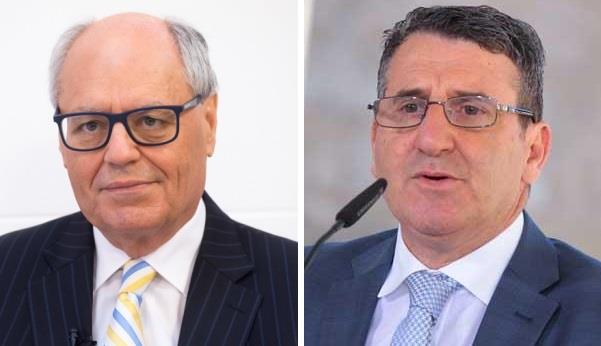
The ones left out
Edward Scicluna and Silvio Parnis were the only two Cabinet members who were discarded by Abela.
For Scicluna, it is a dignified exit as he will be taking over the role of Central Bank of Malta governor. He will be remembered as the minister who led Malta from budgetary deficits to surpluses, but also for some shady deals that were signed under his watch.
Parnis’ roly-poly gaffe must have influenced Abela in leaving him out of the Cabinet. He has now said that his political career is over too.